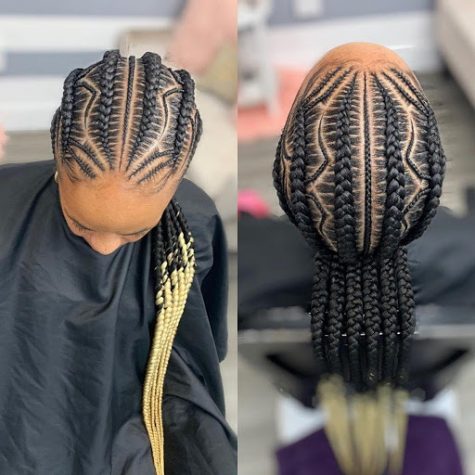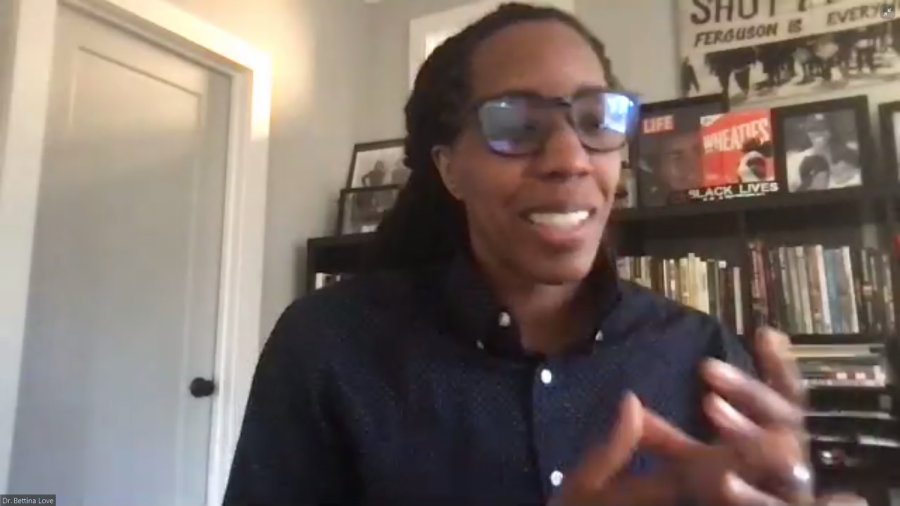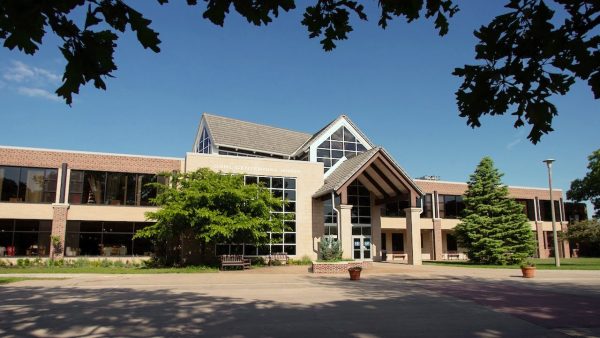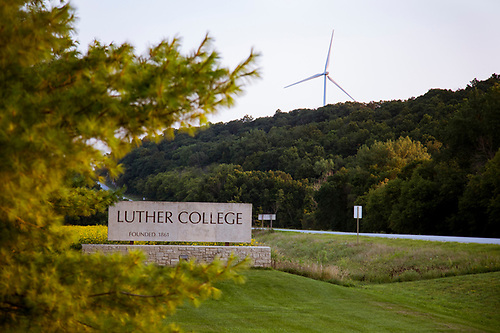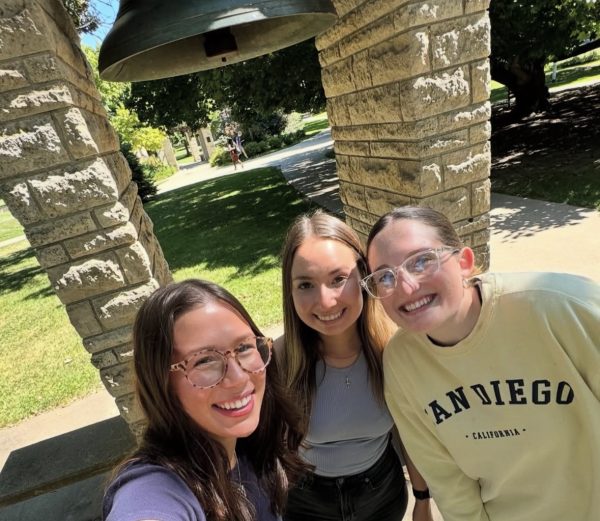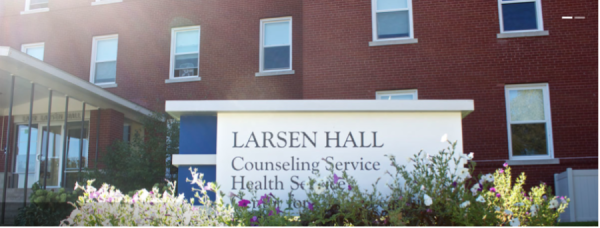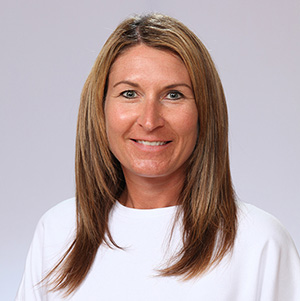Luther Hosts Dr. Bettina Love as Martin Luther King Jr. Day Speaker
Dr. Bettina Love speaking at the MLK Day lecture on Monday, January 18, 2021.
On Monday, January 18, Professor of education at the University of Georgia Bettina Love presented “Living a Hip Hop and Abolitionist Life: Resistance, Creativity, Hip Hop, Civics Ed, Intersectionality, and Black Joy.” The webinar covered a wide range of topics centered on understanding the ways in which black communities have historically used artistic manifestations to overcome systems of oppression. Love discussed music, visibility, understanding, poverty, and joy.
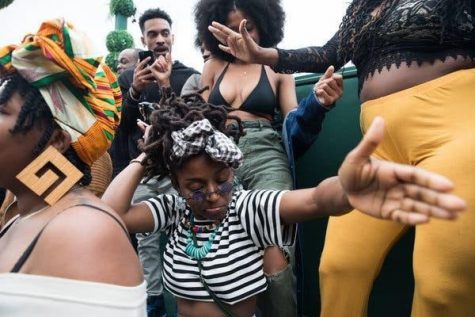
In Luther College’s September term, Associate Professor in Religion Scott Hurley and Assistant Professor of Education Jill Leet-Otley co-taught Love’s book, “We Want to Do More Than Survive” in their “Making Decisions for US Schools” Paideia-450 course.
In light of George Floyd’s murder and the Black Lives Matter protests over the summer, Hurley and Leet-Otley decided to actively promote changes in education that would help combat white supremacy and prejudice in the classroom.
“There is this idea of a pedagogy of discomfort we have to push, because to just say it is okay to feel white guilt, if you sit with that for too long, then you’re not doing anything and then nobody benefits,” Leet-Otley said. “We are all more fully human when we create spaces where all the kids in our classroom thrive.”
Love is a former K-12 teacher, and the content of her webinar was informed by her history as an educator.
“Her book specifically addresses what is happening in schools,” Hurley said. “So we wanted to make the point that [future teachers] are going to go on and teach this. Bettina Love talks a lot in her work about abolitionist teaching, and she connects what happens to Back and brown folx in schools to what is happening to them when they encounter the police or what is happening to them when they are disproportionately incarcerated. She sees these things as linked.”
Love asserted in her speech that Black and brown folx don’t need separate spaces, they need to be included in every step of the process. Luther Professor of Sociology Charlotte Kunkel expanded on this philosophy of inclusion and how it connects it to life at Luther.
“We have to make every place at Luther College a space where Black and brown and all students thrive,” Kunkel said. “It is not eeking out a separate space, it has to be that we create an institution where Black and brown students are thriving in every space. How do we do that? It is going to have to require a mind shift. We have to think about being college ready for all students, not making students ready for college. We have to be a college that is ready for all students who want to come here.”
Leet-Otley commented on the connections between K-12 education and life at Luther College and the issues highlighted in Love’s work.
“The same problems that are in K-12 are shifted onto Luther College,” Leet-Otley said. “White students have to see their role in it and their responsibility in it, and not just think we need another diversity speaker. As important as that is, we also need to take responsibility as white students, as white faculty, as white people because we have all the power, and we are the ones in the oppressive positions.”
Love hopes that through her book readers will begin to love learning about Black culture, Black brilliance, and Black joy, and discover ways to integrate it in their communities.
